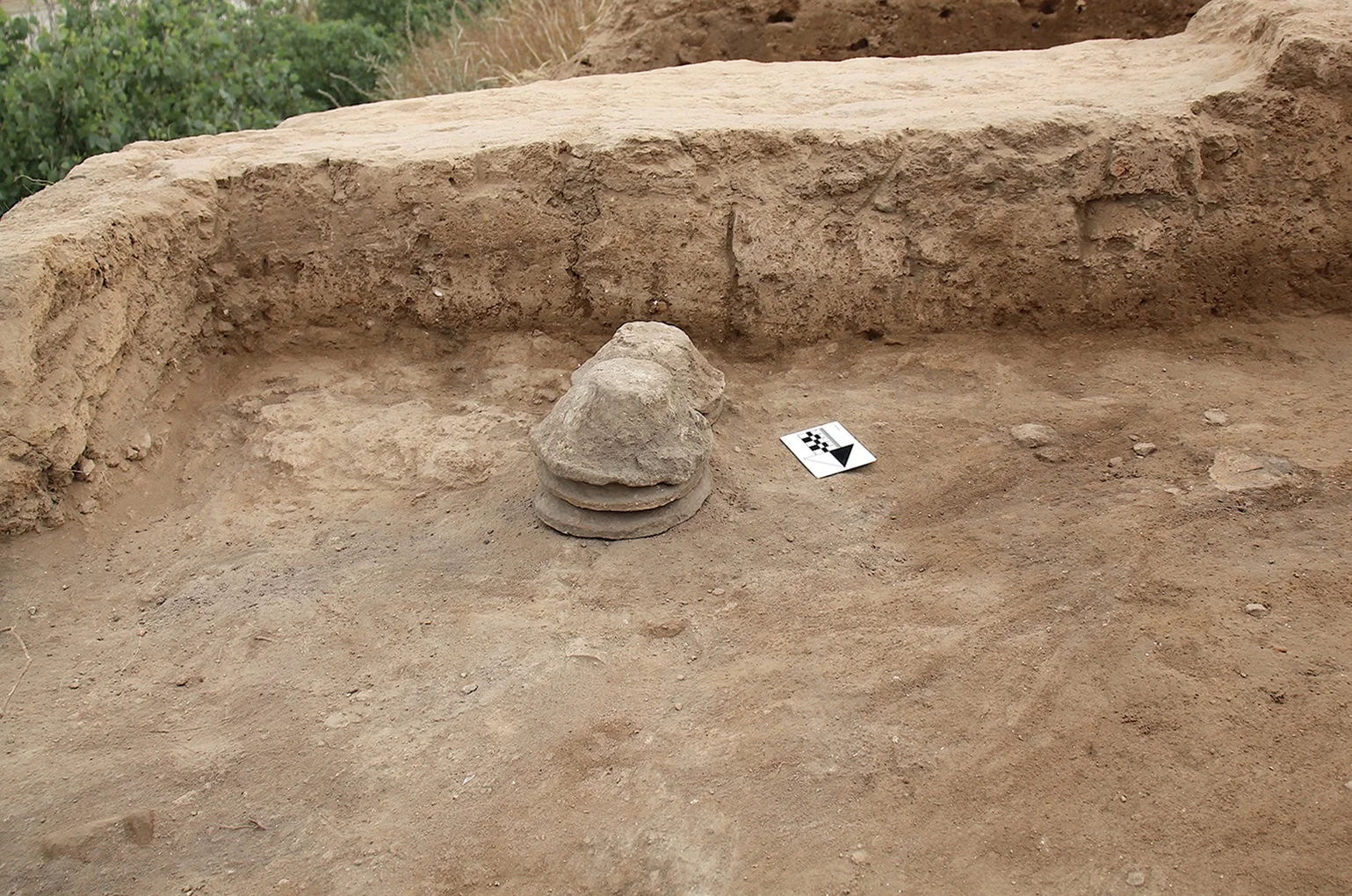Excavations led by Professor Claudia Glatz of the University of Glasgow have revealed valuable insights into the emergence and rejection of some of the world’s earliest governing institutions.
According to a study published in the journal Antiquity, early governing institutions emerged from their ability to provide large-scale meals, possibly as payment for labour.
Archaeologist Professor Glatz said: “Shakhi Kora provides a unique, new regional window into the development, and ultimately the rejection, of some of the earliest experiments with centralised, and perhaps state-like, organisation.”
Shakhi Kora is a Late Chalcolithic site in the Kurdistan Region of Iraq. Ongoing studies have revealed evidence of its inhabitants having a connection to the Uruk world of southern Iraq and a cultural transition from local traditions to those shaped by Uruk’s influence.
This is evidenced in a long sequence of structures spanning a period of several centuries, where archaeologists found a large quantity of beveled-rim bowls, similar to those found in Uruk and other regional sites.
These bowls were likely used for communal meals connected to the institutional households, where an organic residue analyses of the lipids trapped in the bowls indicates that meals would have mainly consisted of meat stews.
According to the archaeologists, these findings suggest that the origins of the state and its institutions in Mesopotamia lie in part at least in their ability to provide food to members of a wider community.
The later abandonment of these centralised structures, such as the final institutional building at Shakhi Kora, are without evidence of a violent uprising or environmental factors, pointing to a deliberate choice in early societies to move away from hierarchical authority and control.
This challenges the idea that the development of powerful, hierarchical governments was an inevitable outcome or took place unopposed in early complex societies.
Professor Glatz said: “This reaffirms that top-down, hierarchical forms of government were not inevitable in the development of early complex societies. Local communities found ways to resist and reject tendencies towards centralised power.”
Header Image Credit : Antiquity
Sources : University of Glasgow – https://doi.org/10.15184/aqy.2024.189





